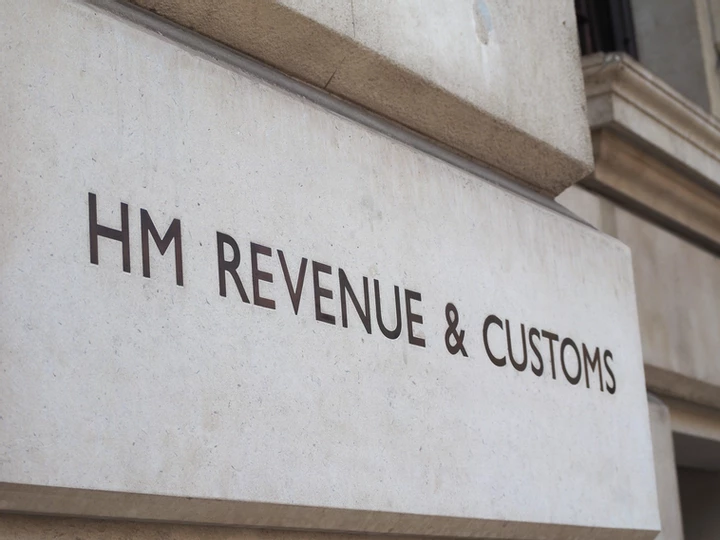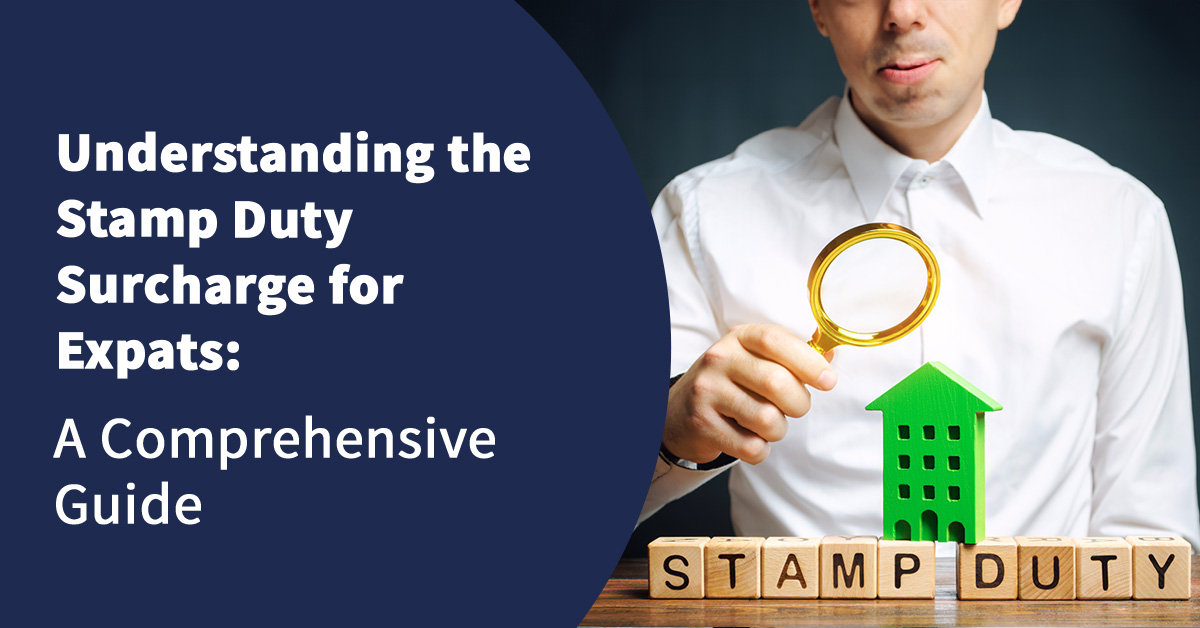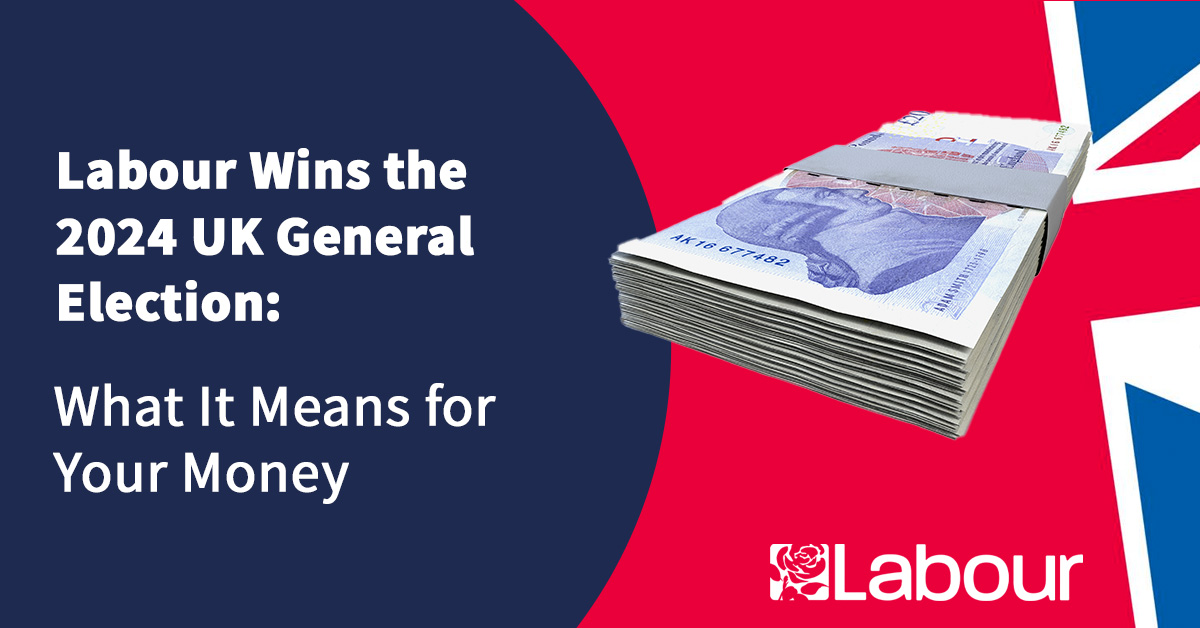New rates of Stamp Duty Land Tax (Stamp Duty) for non-UK residents will become effective from 1st April 2021.
Expats and foreign investors, now face a 2% stamp duty surcharge following the UK 2020 Budget. The measure introduces new rates of Stamp Duty Land Tax (SDLT) for purchasers of residential property in England and Northern Ireland who are not resident in the United Kingdom. Therefore, if you’re an with expat or foreign investor purchasing property in the UK it is essential to try and secure completion before 31st March 2021, to avoid the new stamp duty surcharge. Expats who fail to complete property purchases in the UK before the 31st March will face higher stamp duty levies than residents.
Furthermore the 2% stamp duty surcharge is added to the 3% charged already, on those not occupying the property/buy to lets. Meaning that there can be an eye watering stamp duty charge of up to 17% on the most expensive properties.
Conversely, If you are resident in the UK and you’re buying a home in England or Northern Ireland you will now pay a reduced rate of Stamp Duty Land Tax (SDLT) until 30 June 2021. You will pay no Stamp Duty if the amount you pay for your main home is under £500,000. If you are purchasing additional properties you will still have to pay an extra 3% in Stamp Duty on top of the revised rates for each band.
The new surcharge has been in the pipeline for well over two years, having been first announced in the 2018 Budget. The draft legislation was finally published in July last year. It has been said that the money raised – expected to be around £650 million – will be used directly to assist 6,000 rough sleepers into permanent accommodation. In addition the stated purpose is to deter foreign buyers from driving up UK property prices .
Who does the Non-UK resident charge apply to?
The new Stamp Duty surcharge will apply if one or more purchasers is non-resident.
An individual will be deemed a UK resident where they are present in the UK for at least 183 days during any continuous 365-day period in the “relevant period”. The “relevant period” begins 364 days before the effective date of the transaction and ends 365 days after that date.
What if there are joint purchasers?
The surcharge will apply to a purchase of residential property (freehold or leasehold) situated in England or Northern Ireland, where the purchaser or one of the purchasers is not UK resident.The surcharge will apply to the whole purchase price, not merely the proportion attributable to the non-resident’s share.The surcharge extends to buildings which are in the process of being constructed or adapted for use as a residential home and to off-plan purchases.
For joint purchases, with the exception of Crown employees and married or civil partner couples, if any one purchaser is a non-resident the surcharge will apply. So if any one of them is non UK resident then the transaction will be subject to the 2% surcharge, even if all other purchasers are UK resident. An exception to this for married couples or civil partners who are living together at the date of completion. If one spouse is non UK resident and one spouse is UK resident then the surcharge is not applied.
For company purchasers, a company will be non-resident where the company is not UK resident for corporation tax or where the company is resident but is a close company and it meets the non-UK control test (so that it is a close company controlled by reference to non-resident participators only), and it is not specifically exempted.
Will there be any reliefs?
The legislation will allow for the repayment of the surcharge to individuals who become UK-resident after submitting their land transaction return. They will have up to two years to amend their land transaction return in order to claim repayment. So that where the 2% surcharge is paid but within two years of the effective date of the transaction the purchaser becomes UK resident, a claim for relief and refund of the surcharge element can be made.
What are the current Stamp Duty rates ?
How is the surcharge calculated?
The surcharge operates as an extra 2 per cent of tax added to all residential rates of SDLT.
This includes:
- The ordinary residential rates starting at 0 per cent as above;
- The higher residential rates for additional properties/buy to let at an additional 3 per cent
When does the surcharge need to be paid?
You have 14 days to file a Stamp Duty Land Tax (SDLT) return and pay any SDLT due.
If you don’t submit a return and pay the tax within 14 days, HMRC might charge you penalties and interest.
When do the new rules come into effect?
 The new charges come into effect in April 2021.Expats who have residence or dual-nationality elsewhere, or those who move between countries on a regular basis for work or investment purposes, could find themselves affected.
The new charges come into effect in April 2021.Expats who have residence or dual-nationality elsewhere, or those who move between countries on a regular basis for work or investment purposes, could find themselves affected.
The legislation is likely to prove very technical and nuanced, with some potentially forced to pay the extra stamp duty even when this shouldn’t be the case.
Most individuals will be clear as to their residence status for the purposes of SDLT but some individuals with more complex affairs or who have regular periods in and out of the UK may require additional advice and incur additional costs in determining their tax liability.
Find out how we can help you
If you would like to understand more about this topic get in touch
Related posts
 Published On: August 22, 2024|1.4 min read|
Published On: August 22, 2024|1.4 min read|Investing in Stocks Versus Hoarding in Savings? It’s All About the Equity Risk Premium (ERP)
Have you ever wondered why investing in the stock market can yield higher returns than just keeping your money in a savings account or fixed-term deposit? The answer lies in the Equity Risk Premium (ERP).
Read more
 Published On: July 19, 2024|2.5 min read|
Published On: July 19, 2024|2.5 min read|Understanding the Stamp Duty Surcharge for Expats: A Comprehensive Guide
Stamp Duty Land Tax (SDLT) is a critical consideration for anyone buying property in the UK, and for expats, there are additional factors to be aware of. In recent years, the UK government introduced a stamp duty surcharge specifically targeting non-resident buyers. This blog will explore what the surcharge is, who it affects, and how expats can navigate these changes.
Read more
 Published On: July 12, 2024|1.9 min read|
Published On: July 12, 2024|1.9 min read|Labour Wins the 2024 UK General Election: What It Means for Your Money
The market response to Labour winning the election was pretty calm, with minimal financial market ripples. The lack of movement was unsurprising given the overall result had already been priced in.
Read more










